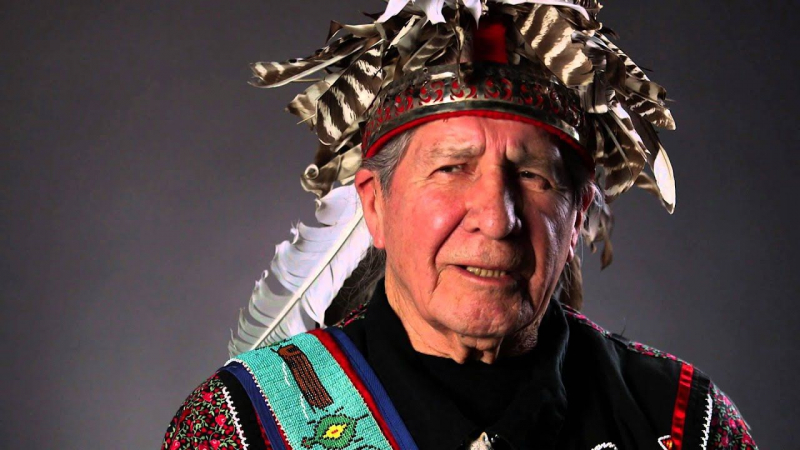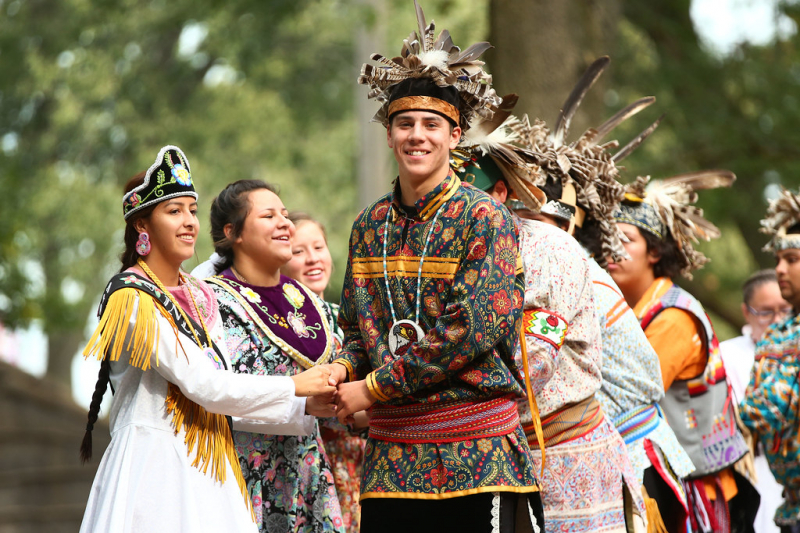Onondaga
The Onondaga were an Iroquoian-speaking tribe of North American Indians who resided in what is now the U.S. state of New York. They went by the name Onoda'gega, or "People of the Hills". Longhouse towns made of wood and bark were how the Onondaga historically lived. They relocated their homes on a regular basis to sow new fields, look for new fuel, and be closer to wildlife and fish. They raised tobacco, sunflowers, beans, squash, corn (maize), and sunflowers. The village leaders in each community were directed by a council of adult males.
The political and geographic hub of the league was the Onondaga tribe, one of the five founding nations of the Iroquois (Haudenosaunee) Confederacy. The Onondaga provided the chairman and the archivist, who preserved the records of transactions in wampum belts, with their 14 council seats. A substantial portion of Onondaga who supported French interests in the 18th century moved to Jesuit mission communities along the St. Lawrence River. During the dissolution of the Iroquois Confederacy following the American Revolution, a small delegation from another faction—which remained loyal to the British—flew to Grand River in what is now Ontario. But the bulk stayed in the valley of their ancestors. According to early 21st-century demographic estimates, 4,000 people are of Onondaga descent.








